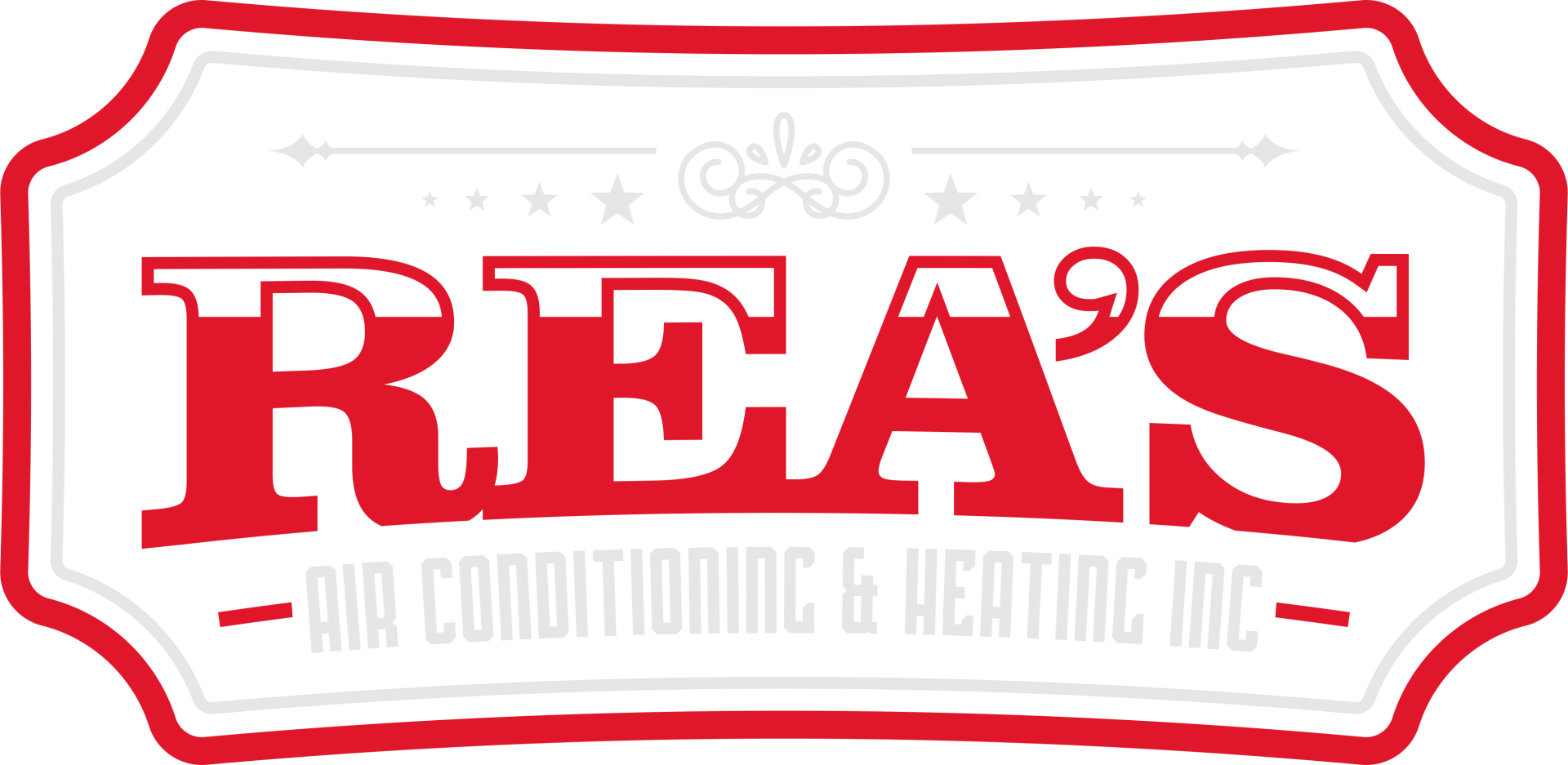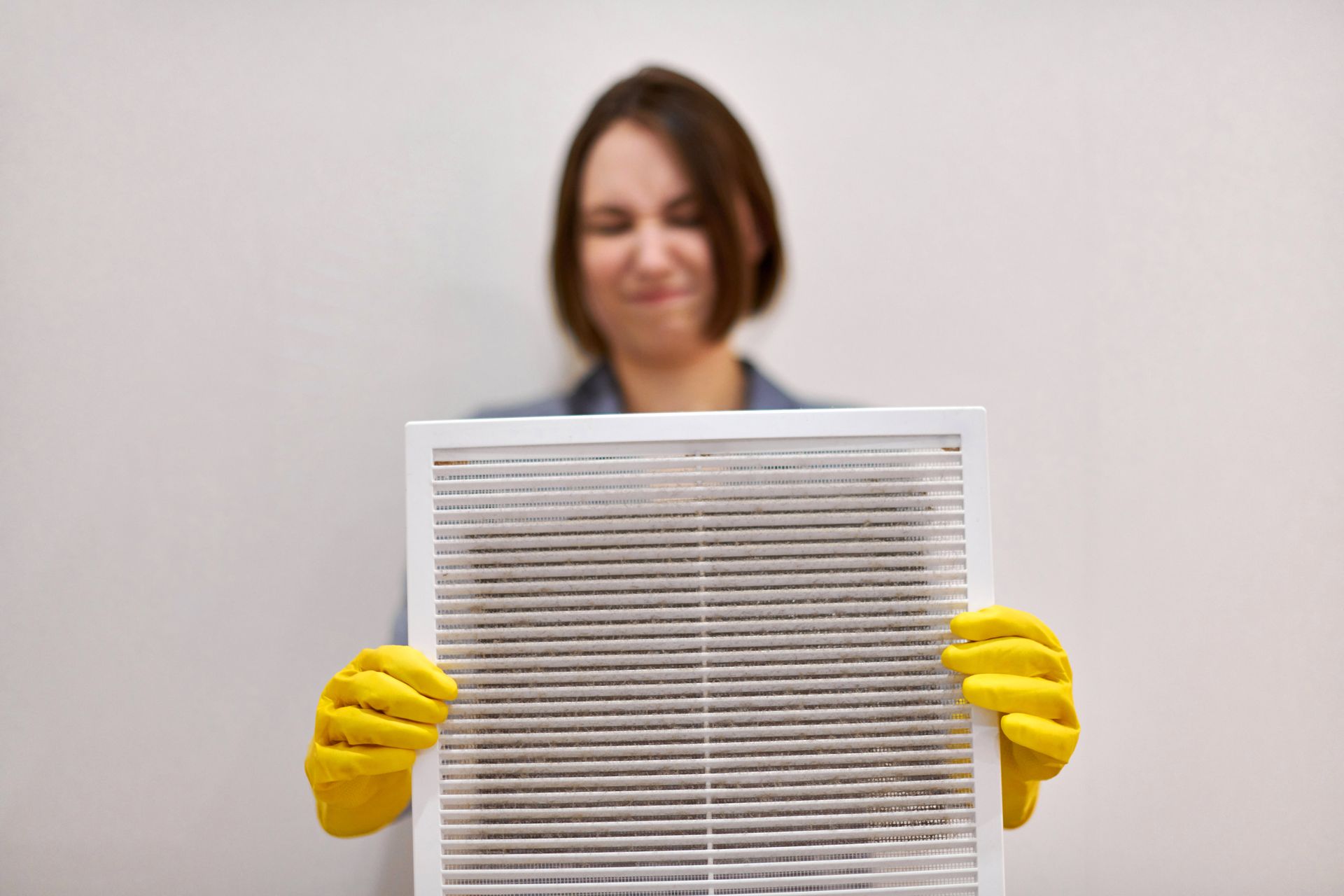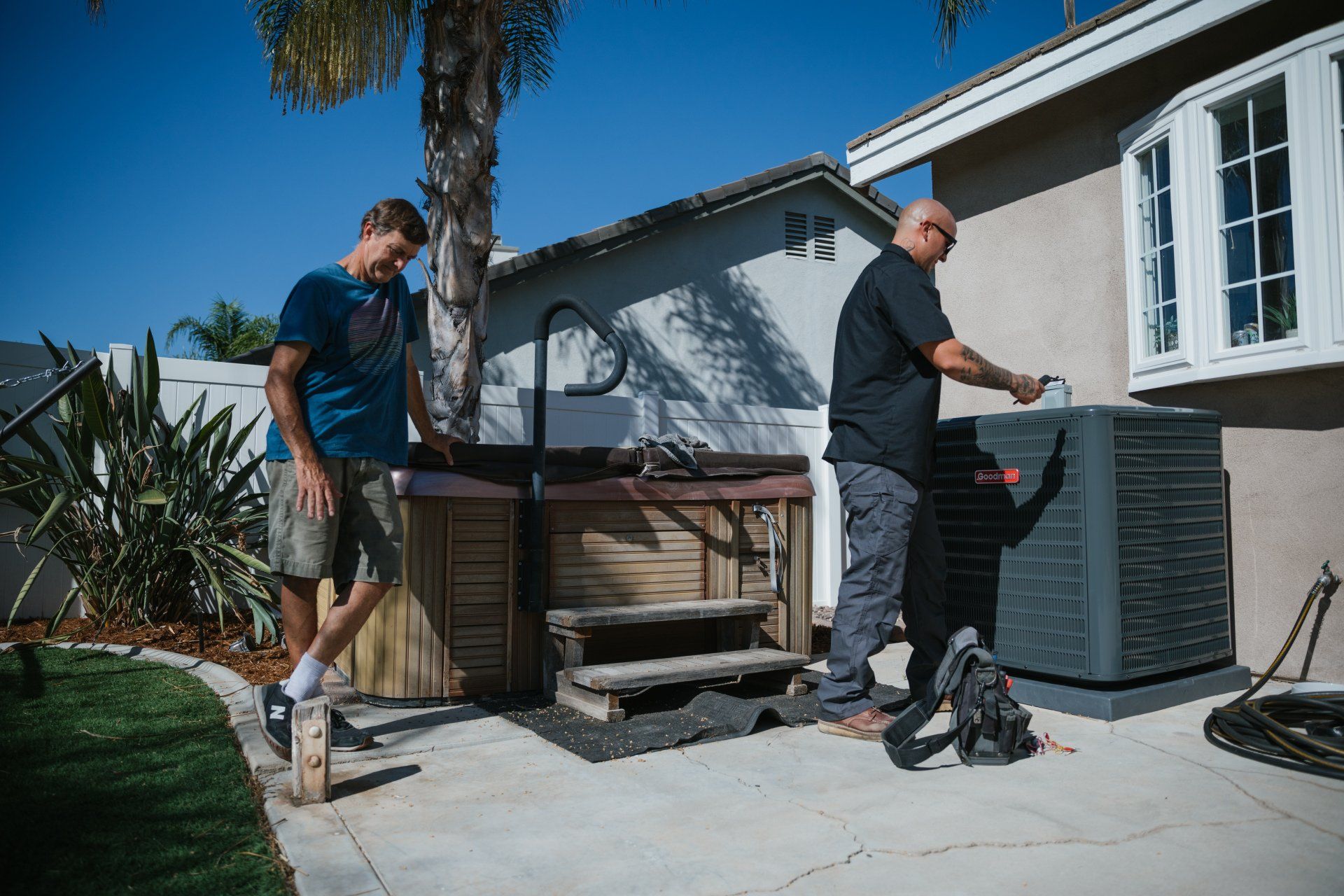Your Comfort Zone: The Ultimate Guide to Regular HVAC Maintenance and Efficiency
Preserving Comfort and Efficiency: The Essential Steps for Optimal HVAC System Performance
Imagine waking up on a winter morning to find your home as cold as the outdoors or coming home on a blistering summer day to a house that's sweltering hot. Uncomfortable, right? A well-functioning HVAC (Heating, Ventilation, and Air Conditioning) system is the unsung hero of our homes and offices, silently maintaining the ideal temperature for our comfort and well-being. Regular maintenance of this system is vital not only for comfort but also for health, energy efficiency, and the longevity of the system itself. This ultimate guide will provide you with valuable insights into the importance of HVAC maintenance and practical tips to keep your system running at its peak.
Why HVAC Maintenance Matters
The HVAC system plays a pivotal role in your building's indoor air quality and temperature control. Lack of regular maintenance can lead to inefficient performance, higher energy bills, a shortened lifespan of the system, and even health issues from poor air quality. Regularly scheduled maintenance helps to preemptively identify issues, saving time, stress, and potentially expensive repair costs.
The Elements of HVAC Maintenance
- Regular Inspection: Schedule professional inspections at least twice a year, ideally in the spring and fall, to ensure that your system is running optimally and to catch potential issues early.
- Filter Replacement: Filters trap dust, allergens, and other particles to improve indoor air quality. However, they can become clogged over time, which decreases system efficiency. Regularly changing filters, typically every 1-3 months depending on use and filter type, can significantly improve performance and air quality.
- Cleaning: Over time, dust and debris can accumulate in various parts of the HVAC system, including the condenser and evaporator coils. Regular cleaning helps to ensure efficient operation and improve the system's lifespan.
- Sealing Ducts: Leaks in the ductwork can lead to significant loss of heated or cooled air, making the system work harder and driving up energy costs. Regularly inspect ducts for leaks and seal them as necessary.
- Thermostat Checks: Ensure that your thermostat is working correctly, as it controls the overall operation of your HVAC system. If you're still using a manual thermostat, consider upgrading to a programmable one for improved efficiency.
- Lubrication: Moving parts in the HVAC system require regular lubrication to reduce friction and prevent overheating.
- System Checks: Your HVAC professional should also check system controls to ensure the system starts, operates, and shuts off correctly.
The Benefits of Professional Maintenance
While there are steps you can take yourself, such as filter changes and basic cleaning, it's crucial to involve professionals for comprehensive maintenance. An experienced HVAC technician has the knowledge and tools to inspect the system thoroughly, identify and fix potential problems, and ensure it's running as efficiently as possible.
Rea's HVAC Services offers expert HVAC maintenance to ensure your system performs at its best year-round. Their team of certified professionals conducts thorough inspections, tune-ups, and cleaning, applying their extensive expertise to keep your HVAC system in top shape, ensuring comfort and peace of mind. By enlisting Rea's HVAC for your regular maintenance, you're making a valuable investment in your system's longevity, your building's air quality, and, ultimately, your comfort.
Regular HVAC maintenance is more than a box to check off your home or office care list. It's a proactive step towards a comfortable, healthy living or working environment, energy efficiency, and peace of mind. With this ultimate guide and the support of seasoned professionals like Rea's HVAC, you can ensure your HVAC system provides the comfort and efficiency you deserve.






